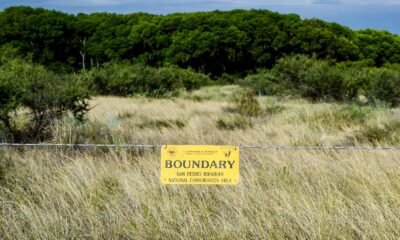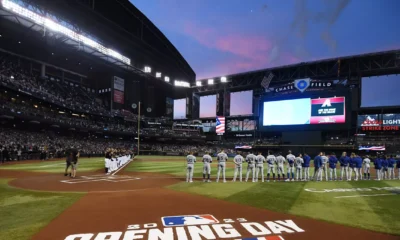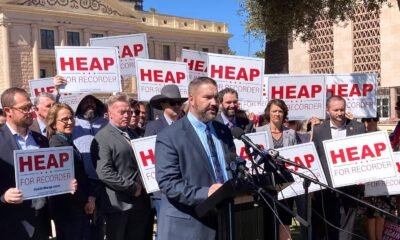arizona
2026 Arizona Ballot: A Controversial Mix of Food Taxes and Firing Squads Awaits Voters

PHOENIX — Arizona’s midterm elections in 2026 may see an unprecedented number of ballot referrals, with GOP lawmakers currently proposing around 25 measures, nearly double what voters experienced in 2024.
The increase in ballot referrals comes in response to Governor Katie Hobbs’ veto of nearly 200 Republican-backed bills over the past two years. This has prompted the Republican-controlled Legislature to seek voter approval as a way to circumvent the governor’s block on their proposals.
Among the potential measures are several contentious issues. For instance, a proposed referral aiming to strip lawmakers of their near immunity from traffic laws is facing significant hurdles. Republican State Sen. Kevin Payne of Peoria announced that his Public Safety Committee would not be holding hearings on the bill, citing insufficient support for advancement.
Another referral could result in the first pay raises for Arizona legislators in decades, potentially increasing their annual compensation from $24,000 to $48,000, with automatic adjustments for inflation in future years. Additionally, some lawmakers are advocating for a cap on local food taxes, proposing to restrict them to 2 percent, which would prevent communities with higher taxes from increasing them.
A separate measure could lead to a shift back to traditional polling places, eschewing large vote centers currently in use. However, not all proposals are moving forward; a bill to permit firing squads as an execution method has stalled, failing to receive the necessary legislative approvals.
As these issue progresses, the implications for Arizona voters will be significant, ultimately shaping the political landscape for years to come.

















